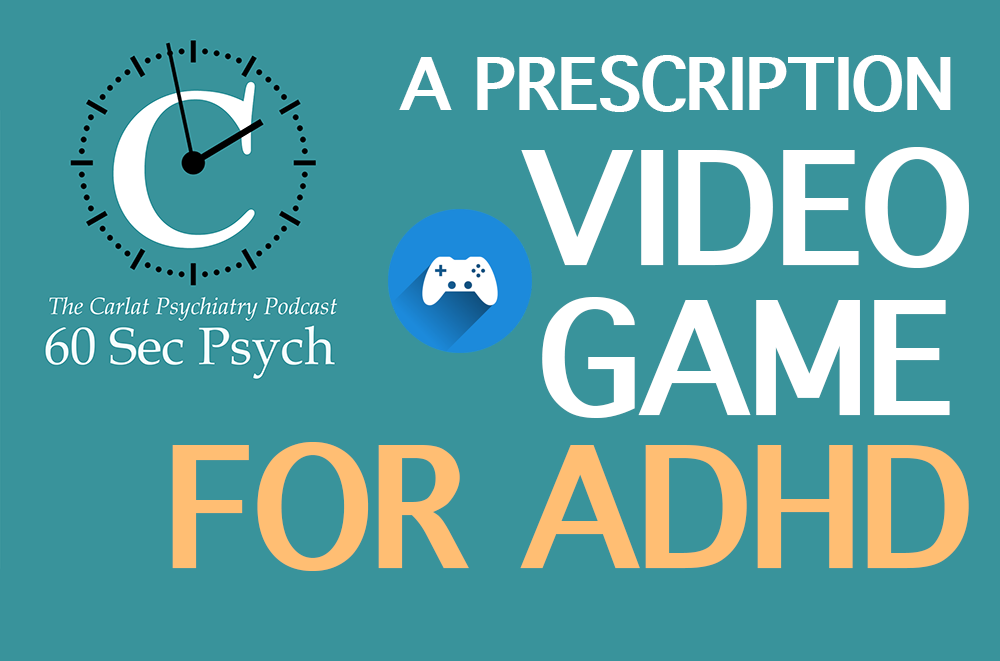A Prescription Video Game for ADHD [60 Sec]
, Volume , Number ,
https://www.thecarlatreport.com/#
The hand eye movements of a prescription video game are thought to exercise circuits involved in attention, and this theory did translate to small but real improvements in attention in 5 clinical trials involving over 600 children with ADHD Published On: 10/24/2020 Duration: 3 minutes, 4 seconds Transcript: A spaceman rides down an icy river on a jet-fueled raft, avoiding obstacles and collecting tokens. It looks like a scene out of MarioCart or any number of popular video games. But this is EndeavorRx, the first FDA cleared video game for childhood ADHD last June. So what makes Endeavor special? The hand eye movements it relies on are thought to exercise circuits involved in attention, and this theory did translate to small but real improvements in attention in 5 clinical trials involving over 600 children with ADHD. Compared to a placebo – which was a simple puzzle game – 47% children who played EndeavorRx for 4 weeks had improvements in attention and reaction time on cognitive testing compared to 32% improvement in the placebo group. It’s important to understand that no one – not the Akili company that makes it and not the FDA – is suggesting that this game treats ADHD. It only improved performance on cognitive testing, and it’s not clear how that translates to changes in the classroom or the social world. To put this in context, We’ve been recommending that children with ADHD play outdoors and take up something that requires physical mastery like karate, dance, or sports for years. Dexterity games improve cognitive performance in older adults and people with dementia. It seems that doing things physically with your hands – a task that requires you to constantly adjust based on real-world feedback, like darts, piano, or tetris, is good for the brain. But if EndeavorRx improves attention, what about other video games? That we don’t know. Wii Bowling has good evidence for age related cognitive decline, but it’s never been studied in ADHD. In some ways, EndeavorRx is a very typical video game, but it has two differences that make it stand out. First, the game adjusts in real time – getting harder or easier – depending on your skill level. That helps keep the child’s attention. Second, the game shuts off after 30 minutes of play per day. Children like EndeavorRx and wanted to play it longer in the studies, but the early shut off prevents addiction and reminds us of an important principle for brain health. The brain likes variety, and does best with moderation. Got feedback? Take the podcast survey.




Leave A Comment
You must be logged in to post a comment.